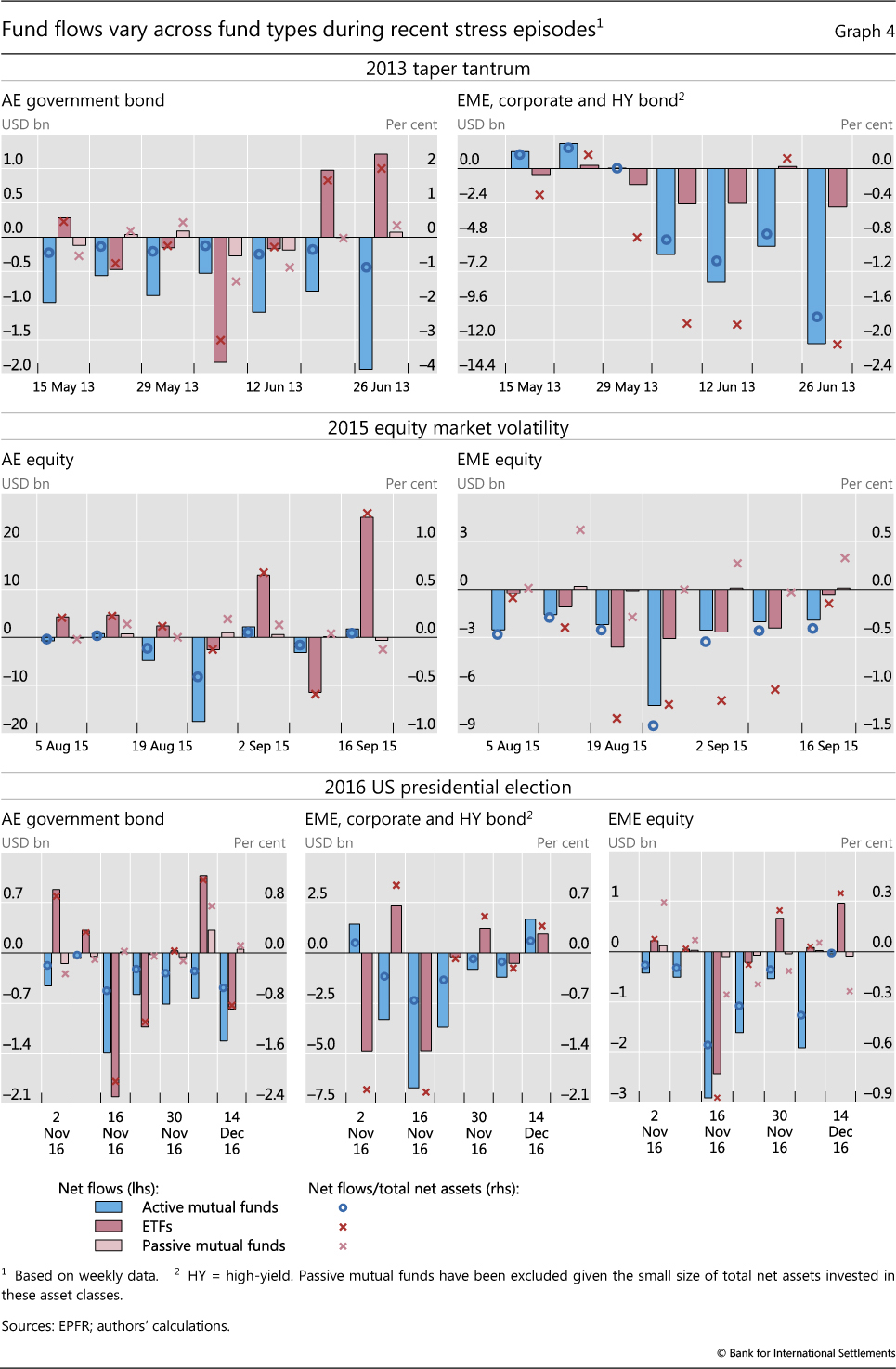Benefits And Costs Of Participating On International Financial Market
- Benefits And Costs Of Participating On International Financial Market Trends
- Benefits And Costs Of Participating On International Financial Market Agency
This paper provides a selective review of the recent analytical and empirical literature on the benefits and costs of international financial integration. It discusses the impact of financial openness and capital flows on consumption, investment and growth, as well as the impact of foreign bank entry on the domestic financial system. It argues that, for small open developing countries, the benefits of financial integration are mostly long term in nature, whereas risks can be significant in the short run.

Benefits And Costs Of Participating On International Financial Market Trends


Benefits And Costs Of Participating On International Financial Market Agency
Careful preparation and management are therefore essential to ensure that short‐run costs do not lead to policy reversals. It also stresses that the empirical evidence on the impact of foreign direct investment on domestic capital formation and growth, as well as on the effects of foreign bank entry, should be viewed with caution. In particular, the possibility that foreign bank penetration may lead to adverse changes in the allocation of credit cannot be dismissed on the basis of the existing evidence.